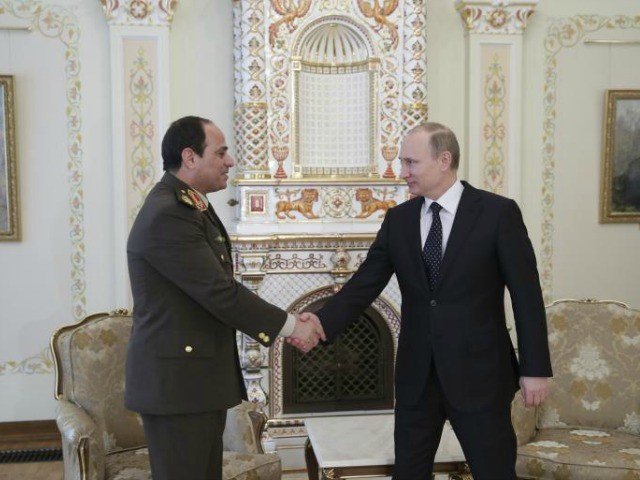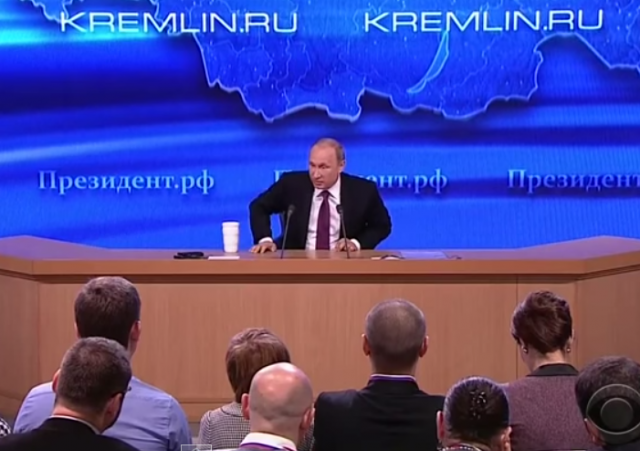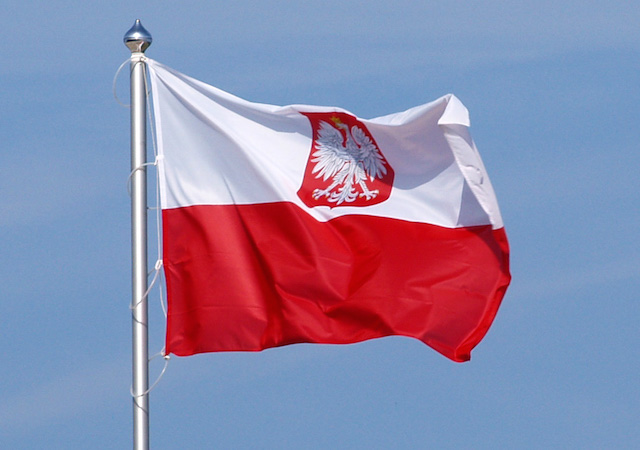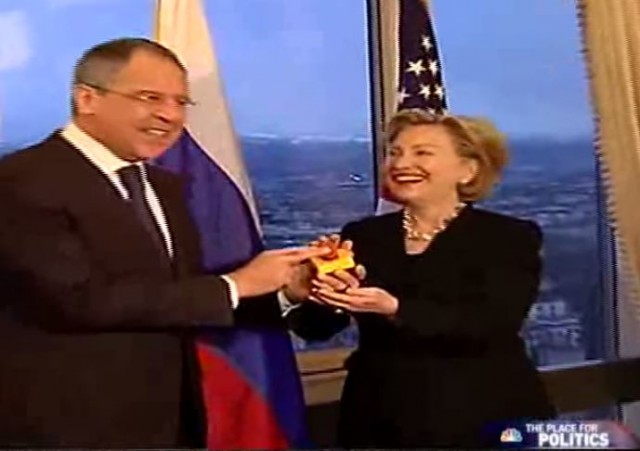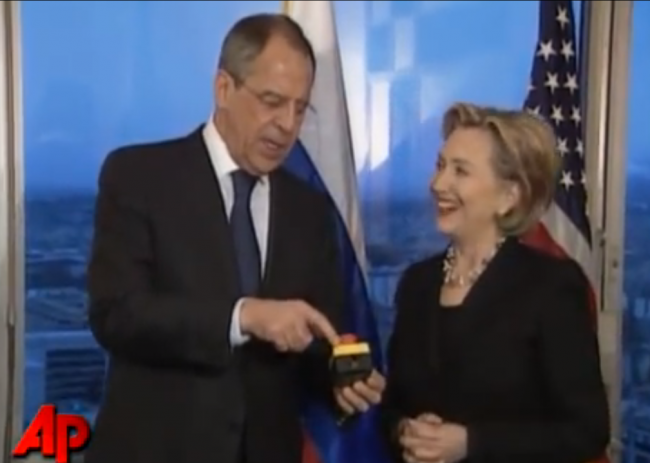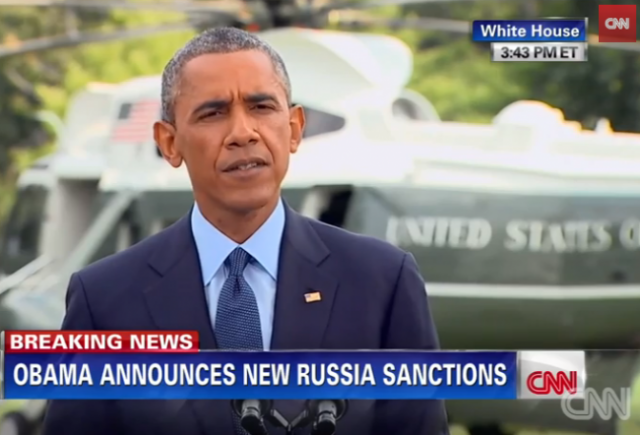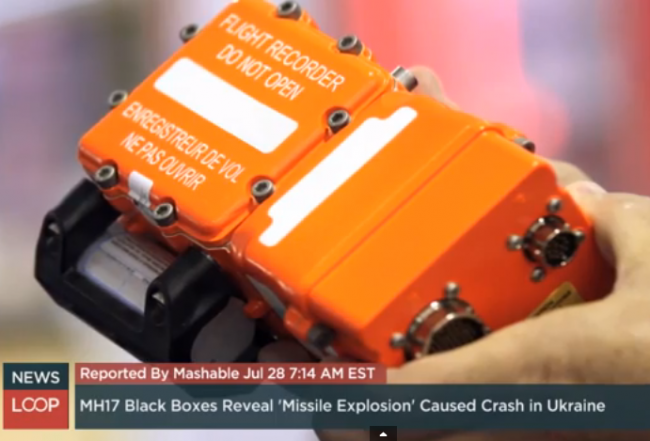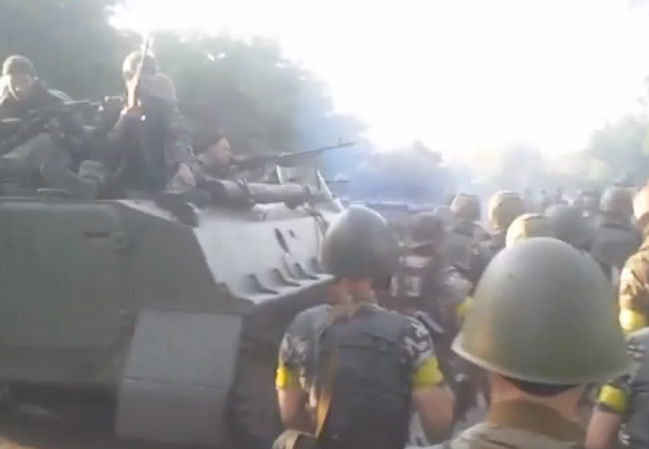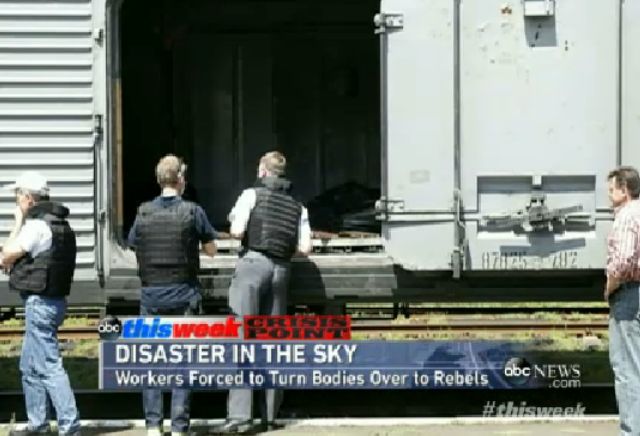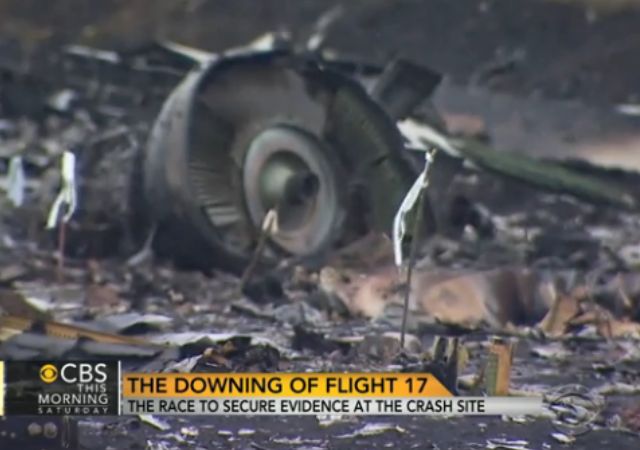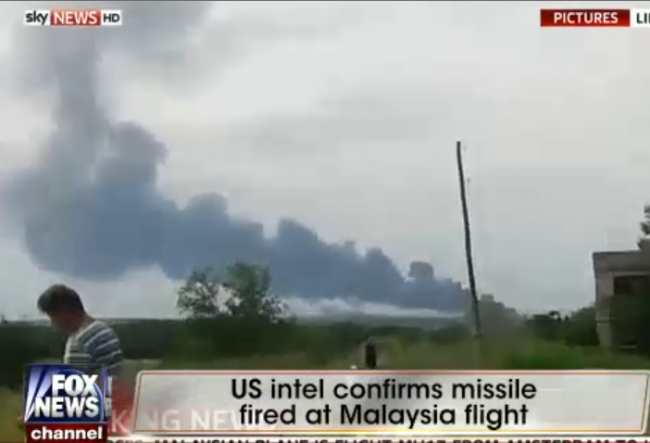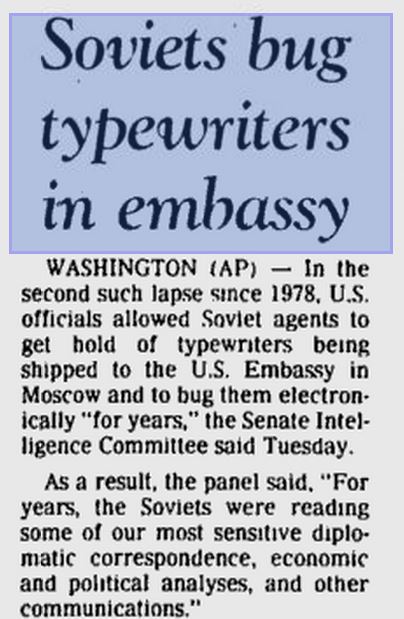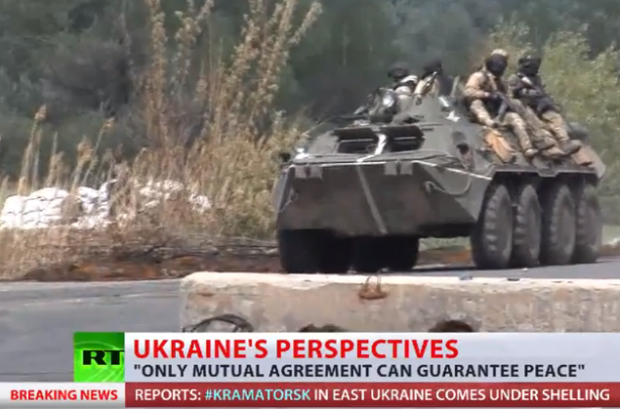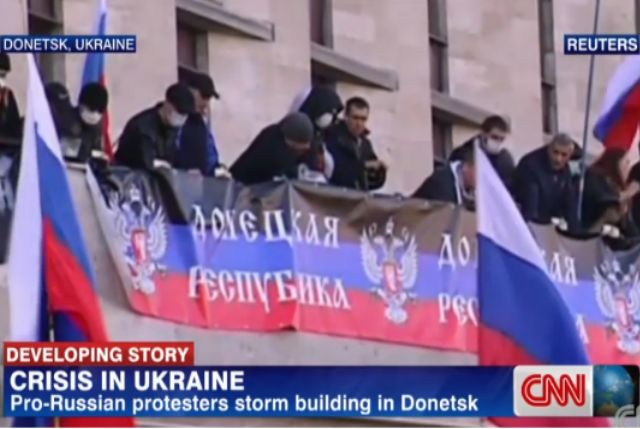It’s beginning to look a lot like
Christmas 1998.
Back in 1998, there was a resurgent US economy while Europe, Japan, and emerging markets floundered. The dollar strengthened and oil prices plummeted. We also had an embattled second-term Democratic president with Republicans in control of both houses of Congress.
But most reminiscent of all is what is going on with Russia. In August of 1998,
Russia defaulted on its government debts after a crushing devaluation of the ruble. The 1998 Russian Financial Crisis was caused by both external shocks—the 1997 Asian Financial Crisis and plummeting oil prices—and domestic woes.
Quite similarly, the ruble has halved in value this year (the worst performing currency of the year), due to the plummet in oil prices. Oil and gas account for half of the Russian state’s budget and 70% of the country’s exports.
Now, with oil nowhere in sight of returning to $100+ highs, the country’s ability to repay foreign debts is coming under serious doubt. Standard & Poor’s recently said there is a 50% chance it would downgrade Russian bonds to “junk” status. Even Peru and Botswana have higher credit ratings than that.
Last week the Russian Central Bank hiked its baseline rate to a whopping 17% in order to restore confidence in the Russian economy. However, the drastic move has been to no avail, as ruble sellers continue to outnumber buyers.
http://youtu.be/jvEPcxVfJPs?t=18s
But as history has shown, the Russian Bear, especially under the auspices of strong leaders, doesn't go down without a fight.

